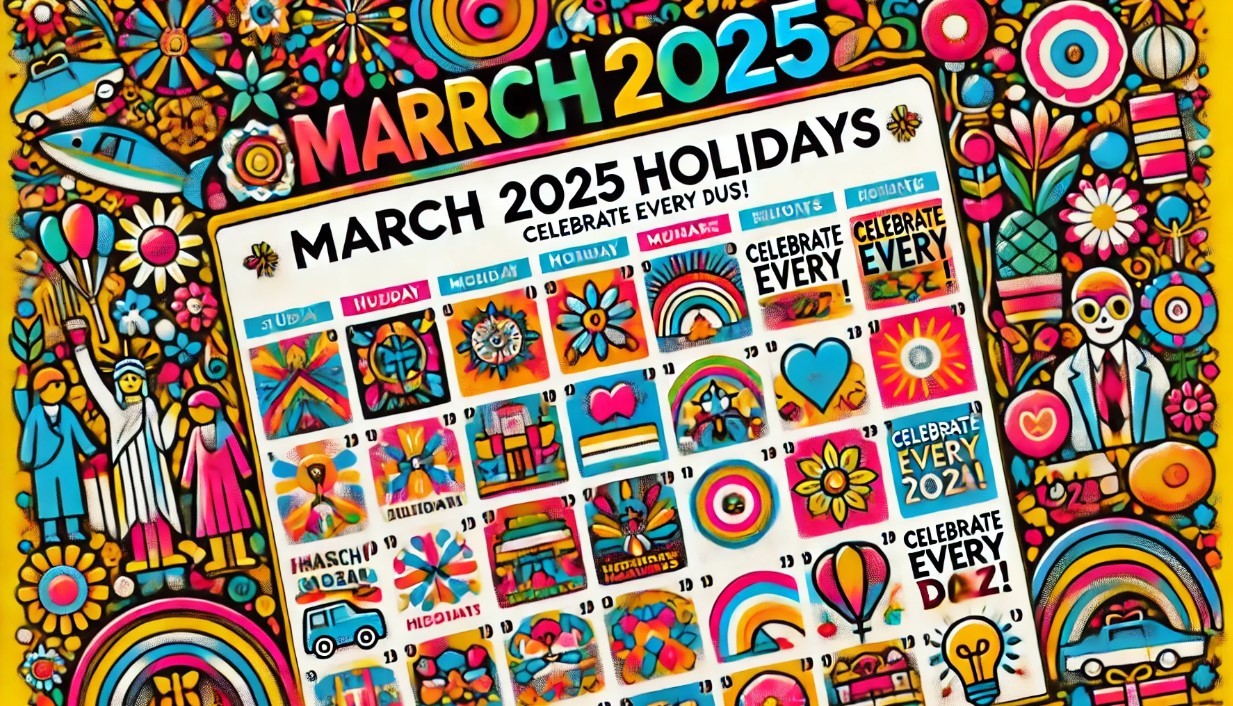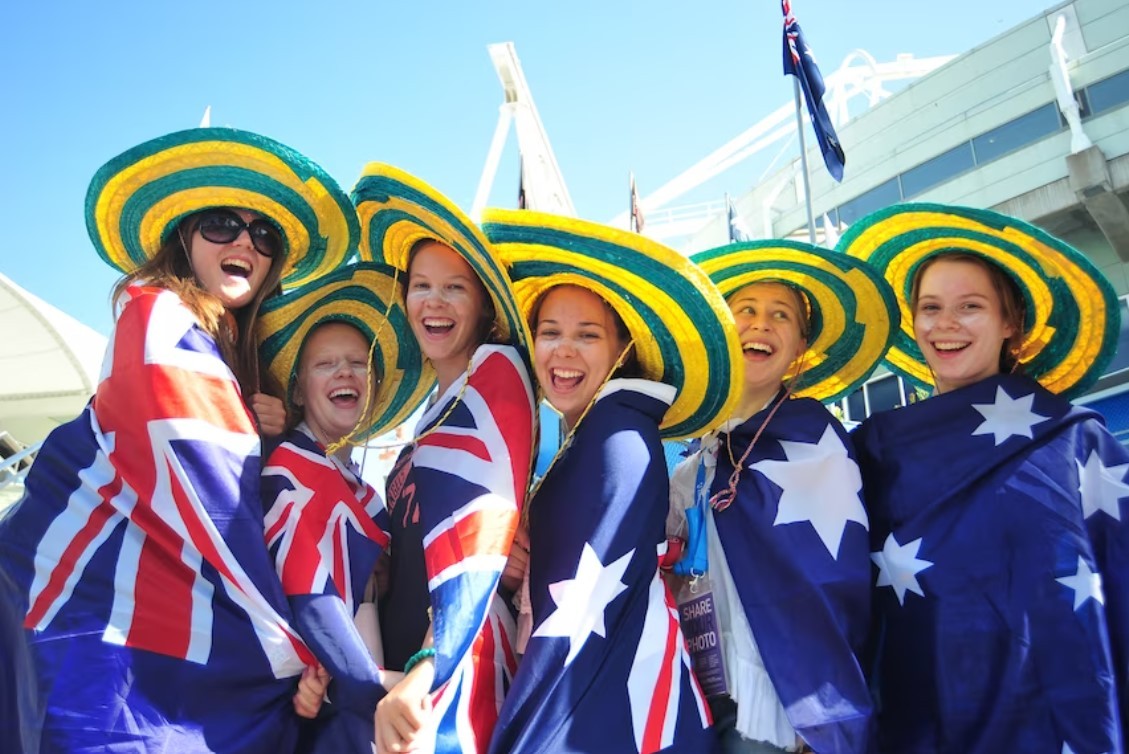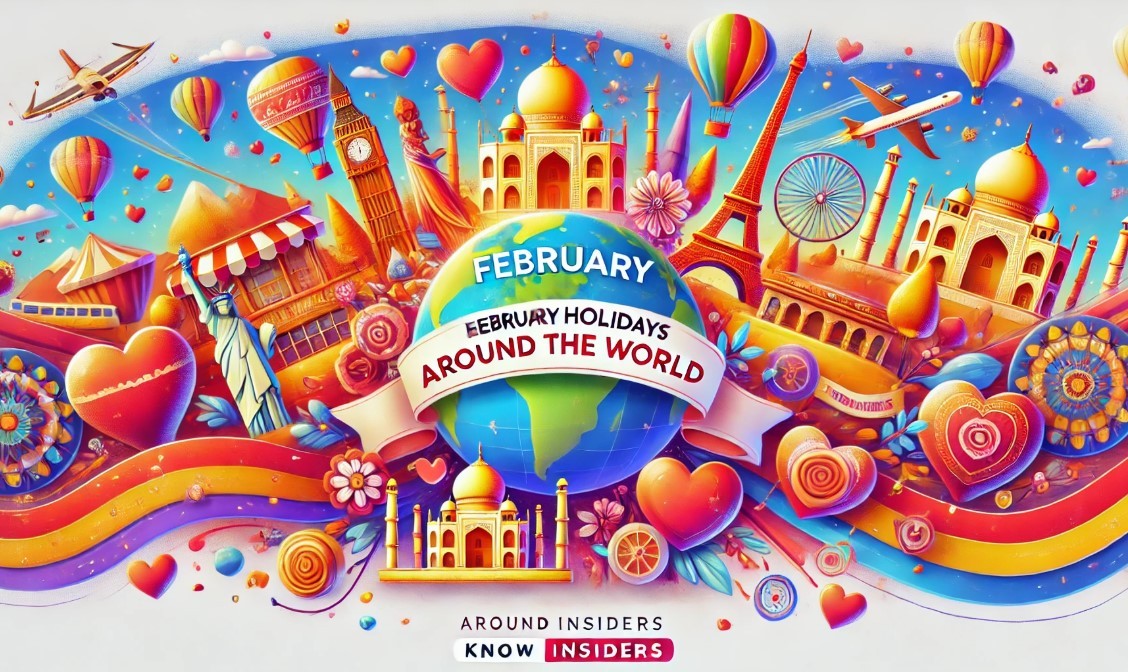National Mocktail Week: A Celebration of Flavorful and Alcohol-Free Drinks
Dates: January 12-18
National Mocktail Week, observed annually from January 12 to 18, is a time to celebrate creativity, health-conscious choices, and the art of crafting delicious, non-alcoholic beverages. This week-long event encourages people to enjoy flavorful drinks without alcohol, making it a perfect occasion for socializing, experimenting with recipes, and promoting a balanced lifestyle.
The History of National Mocktail Week
 |
| National Mocktail Week |
National Mocktail Week was established to promote inclusivity and health-focused living in social settings. The idea originated as a response to the growing demand for non-alcoholic alternatives, catering to individuals who prefer not to consume alcohol for personal, health, or religious reasons.
The term “mocktail” is a combination of “mock” and “cocktail,” symbolizing an alcohol-free version of classic mixed drinks. Over the years, this celebration has gained traction as part of the global movement toward mindful drinking, with people embracing mocktails as flavorful, sophisticated options that can be enjoyed by everyone.
The Meaning and Significance of National Mocktail Week
National Mocktail Week is more than just a celebration of beverages; it’s about promoting a lifestyle that values health, moderation, and inclusivity. By spotlighting alcohol-free alternatives, the week encourages people to make mindful choices while still enjoying the social aspects of drinking.
For businesses like restaurants and bars, National Mocktail Week serves as an opportunity to showcase creativity by introducing innovative, alcohol-free beverages to their menus. For individuals, it’s a chance to experiment with fresh ingredients, new flavors, and creative presentations that rival their alcoholic counterparts.
Activities During National Mocktail Week
There are countless ways to celebrate National Mocktail Week, whether you’re hosting a gathering, dining out, or simply enjoying a quiet evening at home. Here are some popular activities:
1. Mocktail-Making Workshops
Many communities and establishments host workshops where participants can learn how to craft their own mocktails. These classes often feature expert mixologists who demonstrate techniques, flavor pairing, and presentation tips.
2. Mocktail Competitions
Friendly competitions are held to encourage creativity in mocktail-making. Participants create unique recipes, often judged based on taste, originality, and presentation. These events are a fun way to bring people together and celebrate innovation.
3. Restaurant and Bar Promotions
Restaurants and bars often roll out special mocktail menus during this week. From classic virgin mojitos to exotic concoctions featuring herbs, fruits, and spices, these menus cater to diverse tastes.
4. DIY Mocktail Parties
Hosting a mocktail party at home is a popular way to celebrate. Guests can create their own drinks using a variety of ingredients, or hosts can showcase a curated menu of signature mocktails.
5. Social Media Challenges
Many people take to platforms like Instagram, TikTok, and Pinterest to share their mocktail creations during this week. Using hashtags like #NationalMocktailWeek or #MocktailChallenge, participants showcase their recipes, compete in challenges, and inspire others to join in.
Why National Mocktail Week MattersNational Mocktail Week emphasizes the importance of balance, inclusivity, and innovation. In a society where social drinking is often the norm, this celebration provides a refreshing perspective, proving that great flavors and memorable moments don’t require alcohol. Whether you’re a professional mixologist, a health-conscious individual, or someone exploring new culinary adventures, National Mocktail Week is a fantastic opportunity to celebrate the art of non-alcoholic beverages. |
Popular Mocktail Recipes
Here are a few classic and creative mocktail ideas to inspire your celebrations:
Virgin Mojito: A refreshing blend of lime, mint, sugar, and soda water.
Sparkling Berry Lemonade: A fizzy drink featuring muddled berries, lemon juice, and sparkling water.
Tropical Paradise: A fruity mix of pineapple juice, coconut milk, and orange juice with a splash of grenadine.
Cucumber Mint Cooler: A hydrating drink made with cucumber slices, mint leaves, lime juice, and tonic water.
Spiced Apple Cider Punch: A warm and aromatic beverage with apple cider, cinnamon, and cloves.
Locations and Global Participation
National Mocktail Week may have started in the United States, but its principles resonate worldwide. Countries like the UK, Australia, and Canada also see growing interest in mocktail culture as part of the global focus on healthier lifestyles.
Many establishments around the globe use this week to introduce exclusive mocktail menus, and online communities come together to share recipes and ideas. The event’s inclusivity makes it universally appealing, transcending borders and cultures.
How to Celebrate National Mocktail Week
You don’t need a fancy setup to enjoy National Mocktail Week. Here are some simple and fun ways to celebrate:
1. Try New Recipes
Experiment with fresh fruits, herbs, spices, and syrups to create your own signature mocktail. Invest in a good shaker, muddler, and glassware to elevate your at-home mixology experience.
2. Host a Mocktail Tasting
Invite friends and family over for a mocktail tasting event. Each guest can bring their own creation to share, creating a collaborative and interactive celebration.
3. Dine Out
Visit restaurants and bars with special mocktail menus to explore professionally crafted options. Support local businesses while expanding your palate.
4. Go Social
Share your creations, recipes, or experiences online. Inspire others by posting photos or videos of your mocktails with creative presentations.
5. Encourage Mindful Drinking
Use this week to promote the idea of mindful drinking and alcohol-free options in your social circles or community.
Fun Facts About MocktailsThe earliest mocktails were served in the 1930s during Prohibition in the United States. "Shirley Temple" is one of the most famous mocktails, named after the iconic child actress. Mocktail sales have surged in recent years due to the rise of health-conscious consumers. Many mocktails feature exotic ingredients like edible flowers, artisanal syrups, and house-made infusions. |
FAQs About National Mocktail Week
1. What is National Mocktail Week?
It’s an annual celebration held from January 12 to 18 that promotes alcohol-free beverages, encouraging creativity, inclusivity, and health-conscious choices.
2. How did mocktails become popular?
Mocktails gained popularity as a response to the demand for alcohol-free options, particularly during the Prohibition era and more recently with the mindful drinking movement.
3. Do mocktails taste as good as cocktails?
Yes! With the right balance of ingredients and flavors, mocktails can be just as delicious and satisfying as their alcoholic counterparts.
4. Are mocktails suitable for all ages?
Absolutely! Mocktails are non-alcoholic and perfect for kids, teens, and adults alike.
5. How can I celebrate National Mocktail Week at home?
You can try new recipes, host a tasting party, or share your creations online to spread awareness.
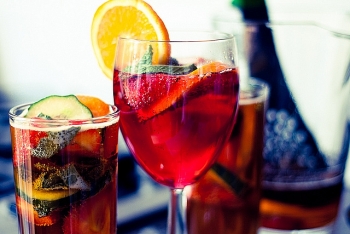 Top 10 Countries with the Most Delicious and Unique Drinks Top 10 Countries with the Most Delicious and Unique Drinks The clinking of glasses is a great way to meet new people, enjoy time with friends or family, and celebrate the little things in life. |
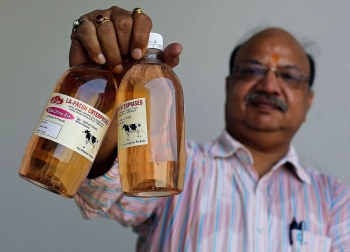 Cow Urine - The Weirdest Drink in India Cow Urine - The Weirdest Drink in India Cow entrepreneurs have been touting the health benefits of cow urine as a cure-all for quite some time. It might be the strangest beverage any ... |
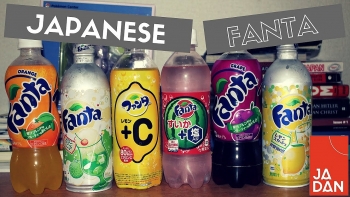 Top 7 Quirky Drinks in Japan You Should Try Top 7 Quirky Drinks in Japan You Should Try Finding a tasty drink while traveling around Japan can be an adventure in and of itself. There are many alcoholic beverages unique to Japan that ... |
 How to Say Cheers in 50 Different Languages (Toasting Drinks) How to Say Cheers in 50 Different Languages (Toasting Drinks) At the dinner table, when raising your glass, you must employ various languages to express "Cheers". |
 Toasting Drink Traditions Around the World: Origin, Unique Rituals Toasting Drink Traditions Around the World: Origin, Unique Rituals In many cases, there is a great deal more to the act of toasting than simply raising a glass. This is because toasting is a ... |

